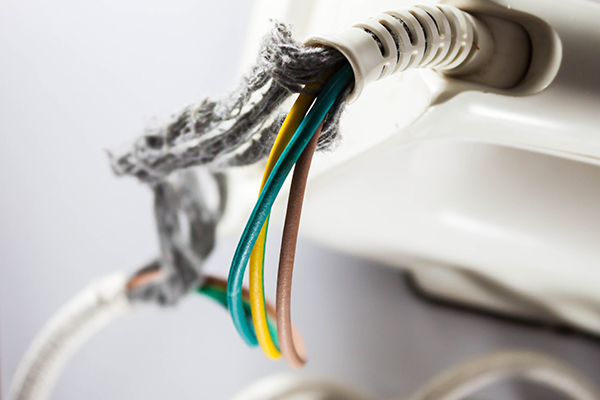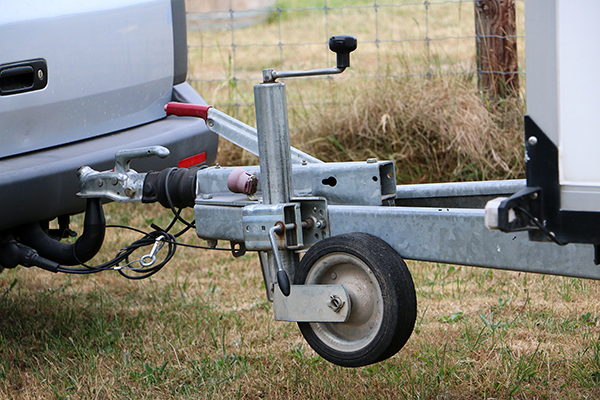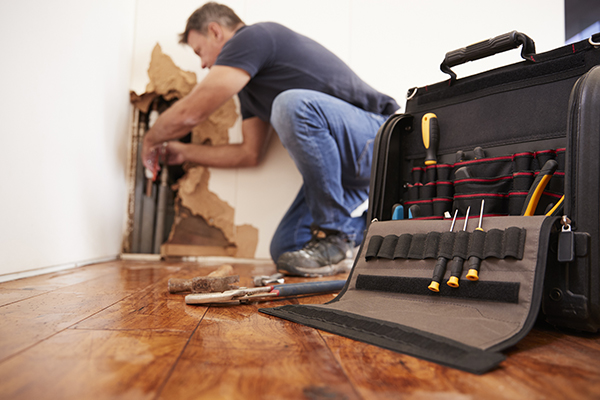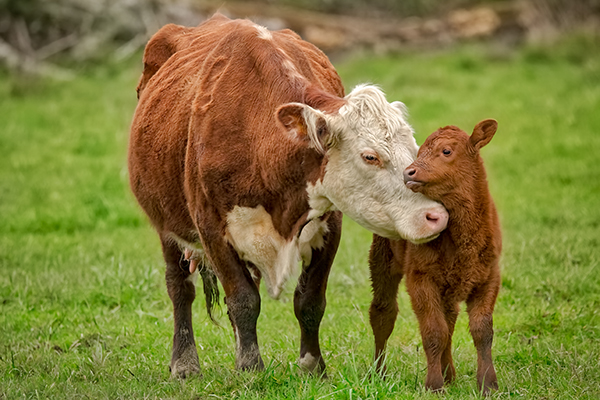Loss Prevention
There are a few common risks that account for a large percentage of losses. Being proactive at loss prevention saves you grief and keeps down your insurance costs. Ask us for a safety survey if you're not sure.
In Case of Emergency
When an emergency occurs, contact your local authorities immediately. Report the loss to an insurance agent when you are in a safe environment, then take steps to prevent further loss. For example, you can supply a secondary power source to a freezer that has lost its outlet power or tarp a roof that has had severe wind damage to the shingles. Your safety and security is our priority.
Helpful Tips to Protect Your Assets
Electrical Wiring
Use surge protectors. Inspect wiring devices for bad insulation, corrosion, and poor grounding.
Reduce Fire Hazards
Keep flammable material out of and away from buildings – gasoline, paint thinners, and trash should all be stored correctly. The MN Department of Public Safety provides many helpful fact sheets on fire safety.
Chimneys & Vents
Check chimneys/vents and heating plants at the start of every heating season.
Towing
Use care in pulling racks, silage boxes and machinery – always use a good pin and a safety pin. Be sure the operator knows how to operate safely to prevent collision or overturn. Brakes must work.
Prevent Farm Fires
Make sure tractors, skid loaders and combines have good fire extinguishers. Check equipment for hay, straw, and chaff buildup. Check wiring for bare spots; they’re a frequent cause of fire.
Snow on Rooftops
In times of heavy snowfall, remove deep snow from roofs if possible. Prevent ice dams on house roofs by scraping snow off the lower portion of house roofs.
Kitchen Fires
Is your frying pan on fire? Don't throw water, it will cause a flare-up. You may choose to use a fire extinguisher, or you can smother the flames with a lid, salt, or baking soda. Never pick up a flaming pan and head for the door. When you open the door, the draft will cause the fire to flare towards you. Prevent cooking fires with helpful tips from the MN Department of Public Safety.
Candles
Be sure candles are placed in proper holders away from small children and pets. Never leave candles burning without adult supervision.
Water Damage
With more appliances connected to house water systems, leaking hoses or tubes have become an annoying and expensive problem. Prevent water damage by checking plumbing regularly. These connections should be replaced every 3 to 5 years or when they have cracked or hardened. Water leakage warning devices are now available – call our office for more information.
Livestock
Electrocution is a peril with livestock, especially in cold weather if electrically heated water units are improperly wired or have ice buildup around them. Keep livestock off frozen ponds to prevent drowning.
Animal Loss
Check pastured cattle frequently in summer for possible losses by theft or animal kill. Cattle on pasture during a thunderstorm? Check for possible lightening kills right away. We need a vet's report to confirm the loss – and be aware that most vets won't touch a decomposing carcass.




Still have questions?
Please contact our main office with any further questions you may have.